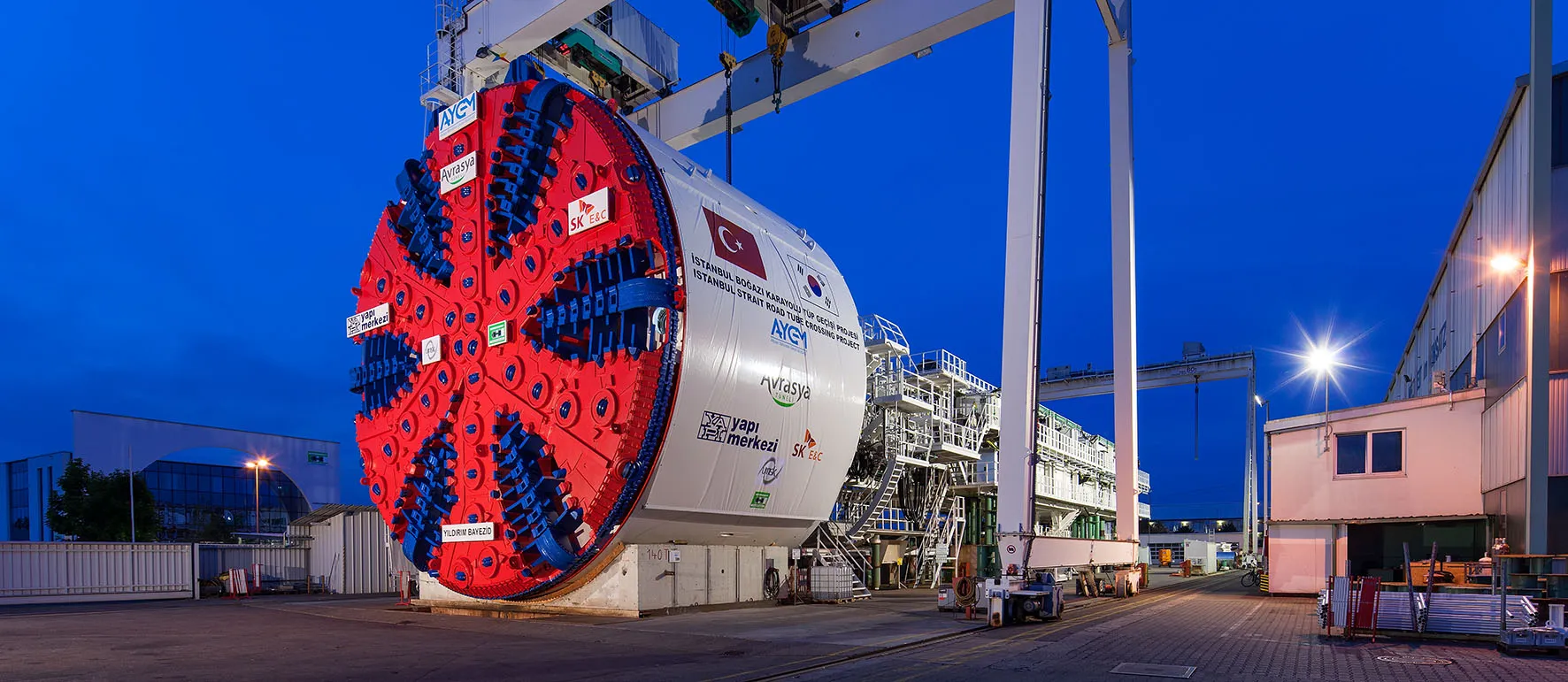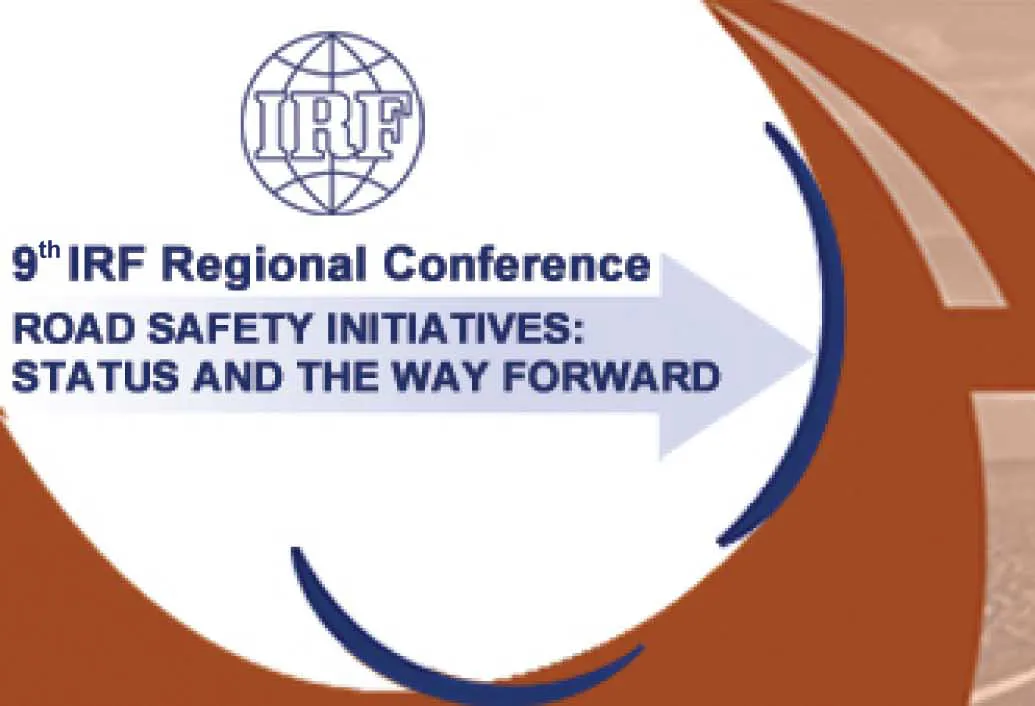Investing in roads and their maintenance is essential for economic growth and the mobility of a region. Maintenance by itself is crucial since poorly maintained roads lead to a downfall of the road network value, resulting in higher future costs related to road safety, accessibility and operating vehicles.
Available data provided by the WRS 2018 includes the total road expenditures from Central, Local/Regional government and the private sector, with a breakdown of data into total road investments, road maintenance and other recurrent costs. The first analysis highlights important findings for the European region.
Total European road expenditure (investments, maintenance and other costs) in 2016 has decreased by 11% vs 2011, driven by a significant expenditure decline in Spain and France, partially offset by an increase in UK spending during the same period.
Total European road maintenance expenditure in 2016 has decreased by 8% vs 2011, primarily driven by decreased spending in UK and France.
The graph shows the year by year percentage change, as well as the total percentage change, of European Road and Road Maintenance Expenditure for the 2011-2016 period.
During the period of 2011 to 2016, the European region continuously decreased its spending on its road network, with the exemption of the period of 2014-2015 where there was a marginal increase of 1%. Multiple economic and policy factors are at the base of this decrease mainly driven by Spain and France which represent two of the main freight transport corridors in Europe.
Road maintenance expenditure in Europe also show a decreasing trend. There has been a continuous decline, with the only exception being 2015-2016 where maintenance expenditure was flat. The primary causes for this decline are periodic maintenance contracts and economic factors. It is interesting to highlight that the UK shows a decrease in road maintenance expenditure whilst total road expenditure is increasing. There was a clear focus on new road investments during the 2011-2016 period, with UK road investments being almost double their road maintenance expenditure.
The new WRS 2018 encompass updated data of over 200 countries: Country Profile, Road Networks, Road Traffic, Multimodal Traffic Comparisons, Vehicles in Use, Road Accidents, Vehicles Industry (Production, Imports, Exports and First Registrations), Road Expenditures & Revenues, and Fuel Energy Prices.
IRF data 2018: Europe sees a decrease in road expenditure and road maintenance expenditure
The IRF World Road Statistics (WRS) 2018 edition has just been released. First analysis of the data on road expenditure and road maintenance expenditure in Europe shows a decrease of 11% and 8%, respectively, for the period of 2011 to 2016.
Investing in roads and their maintenance is essential for economic growth and the mobility of a region. Maintenance by itself is crucial since poorly maintained roads lead to a downfall of the road network value, resulting in higher future costs related to road safety,
December 11, 2018
Read time: 3 mins
The 1201 IRF Geneva World Road Statistics (WRS) 2018 edition has just been released. First analysis of the data on road expenditure and road maintenance expenditure in Europe shows a decrease of 11% and 8%, respectively, for the period of 2011 to 2016.








